Montessori Science Explorations and Preschool
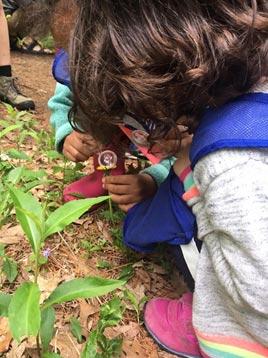
What part does science play in the Montessori preschool classroom? Whether your child is new to Montessori or you just want to learn more about what they may do during their preschool day, take a look at the top science questions parents have answered.
Is Science Important for Young Children?
Simply stated — yes. Even though your young child won’t need to learn college-level physics concepts or explore the intricacies of microbiology yet, science is an essential part of the early childhood education environment. More specifically, science can help the young child to:


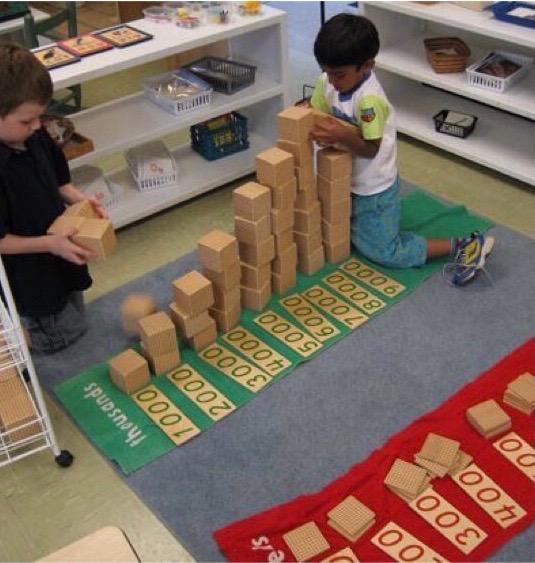
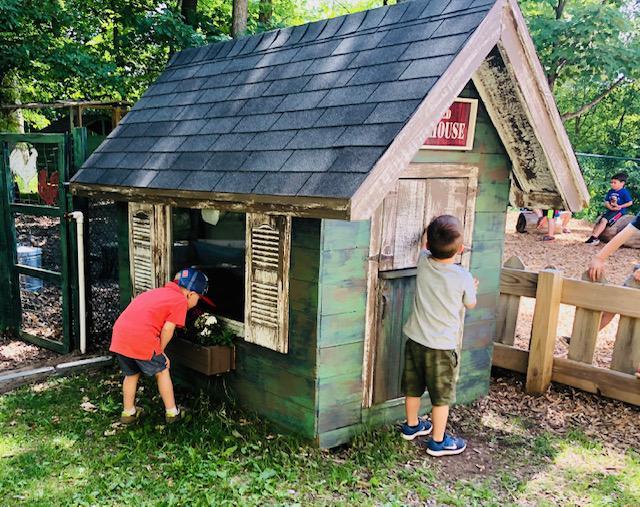
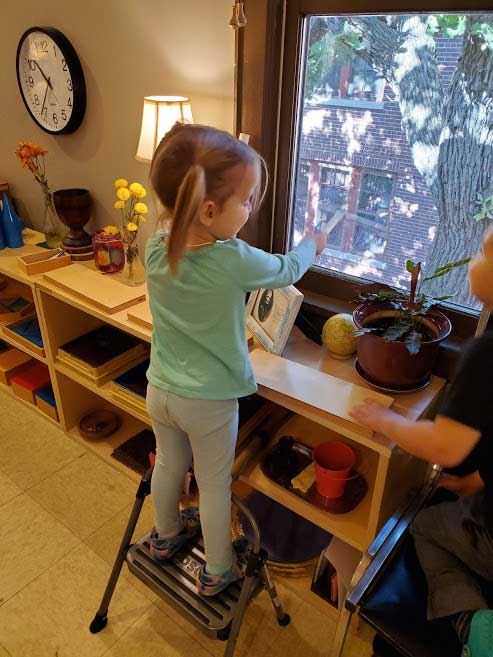
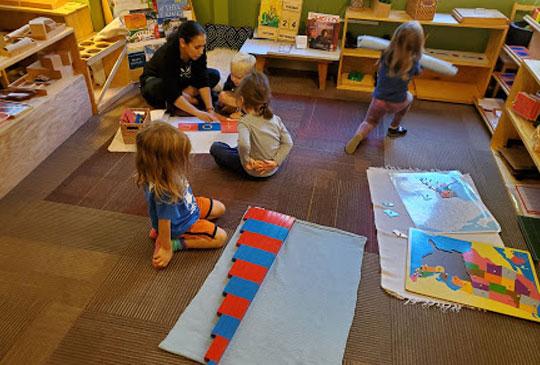
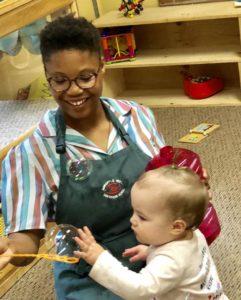
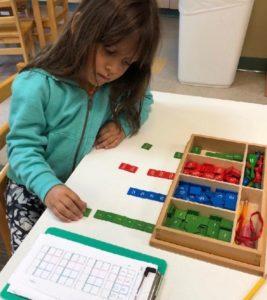 Gifted children, those who are ahead of their peers in one or more developmental areas, have specialized educational needs. While not the only schooling option, Montessori preschools are especially well-positioned to meet the unique needs of these children. Here are the various ways that the Montessori approach to teaching benefits gifted children.
Gifted children, those who are ahead of their peers in one or more developmental areas, have specialized educational needs. While not the only schooling option, Montessori preschools are especially well-positioned to meet the unique needs of these children. Here are the various ways that the Montessori approach to teaching benefits gifted children. What is the uninterrupted work period? Unlike other schools, the Montessori classroom offers children the chance to explore and engage with a prepared environment for a set block of time. If you’re new to Montessori, take a look at the top questions answered about this cornerstone of classroom practice.
What is the uninterrupted work period? Unlike other schools, the Montessori classroom offers children the chance to explore and engage with a prepared environment for a set block of time. If you’re new to Montessori, take a look at the top questions answered about this cornerstone of classroom practice. 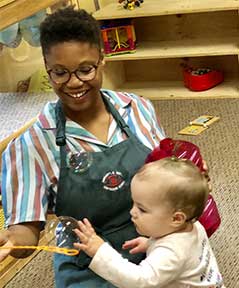 Respect is at the heart of the Montessori classroom. The ideas of grace and courtesy prevail in this educational setting. How can you help your child learn about respect? Take a look at the top tips to help your child learn about this quality in a patient, tolerant way.
Respect is at the heart of the Montessori classroom. The ideas of grace and courtesy prevail in this educational setting. How can you help your child learn about respect? Take a look at the top tips to help your child learn about this quality in a patient, tolerant way.